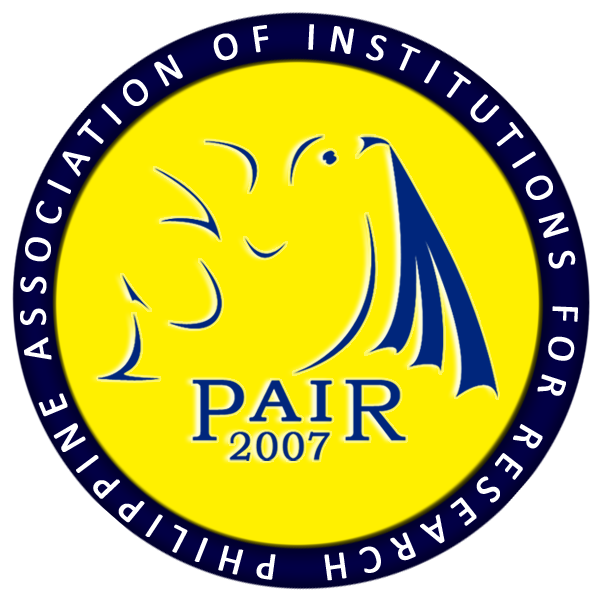Bugkalots' Communicative Action on Propertyand Inheritance: A Habermasian Discourse
DOI:
https://doi.org/10.7719/jpair.v23i1.357Keywords:
Customary laws, Bugkalots, communicative action, property, inheritance, ownership, succession, case study, Quirino, PhilippinesAbstract
The ability of a cultural community to progress and preserve itself as a distinct people is anchored on a social order that is nurtured and shaped by an oral law, characterized by rational and coordinated action of property ownership, transfer and dispute resolution. Using the theoretical lens of Jurgen Habermas specifically on the concept of "system and lifeworld", the study aimed to determine the communicative action that exists among Bugkalots which allows rational acceptance of customary laws in the transfer of property and solving disputes related to property ownership. Also, it determined how communicative action is established and shared in the Bugkalot lifeworld and lastly, identify the ethics of discourse which are imbedded in the communicative action that manifest the Bugkalot's struggle for cultural survival and preservation. Fieldwork, interviews, and case studies were used in the study. Results revealed that one important factor that discourages property disputes especially on ownership and conveyance among Bugkalots is their knowledge of communal ownership. This suggests that their purpose of ownership is not egocentric ownership but an act of reaching understanding. Community members can still be oriented to their own interests, but they do this under conditions which harmonize their plans of action on the basis of common situation definitions, that is, the essence of Habermas' Communicative Action.
Downloads
References
Anima, N. (1985). The headhunting tribes of the Philippines. Cultural Foundation for Asia.
Downloads
Published
Issue
Section
License
Copyright (c) 2016 Panfilo C. Canay

This work is licensed under a Creative Commons Attribution-NonCommercial 4.0 International License.
Open Access. This article published by JPAIR Multidisciplinary Research is licensed under a Creative Commons Attribution-Noncommercial 4.0 International (CC BY-NC 4.0). You are free to share (copy and redistribute the material in any medium or format) and adapt (remix, transform, and build upon the material). Under the following terms, you must give appropriate credit, provide a link to the license, and indicate if changes were made. You may do so in any reasonable manner, but not in any way that suggests the licensor endorses you or your use. You may not use the material for commercial purposes.




















